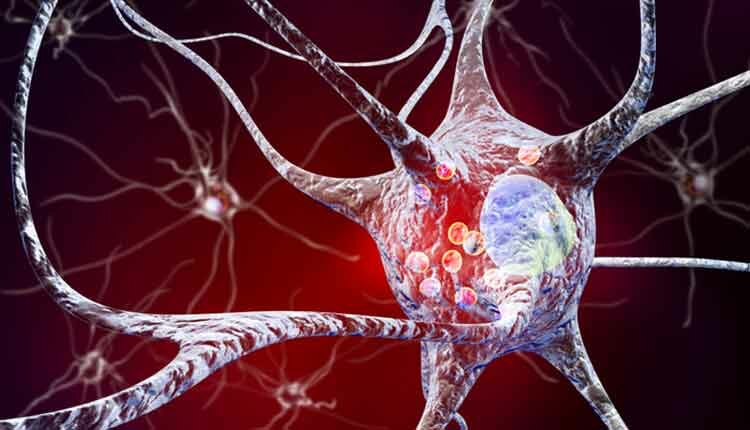 Dr_Microbe / iStock / Getty Images Plus
Dr_Microbe / iStock / Getty Images Plus
New Research Offers Oral Health Strategies for Patients With Parkinson Disease
These patients are at increased risk for oral health problems but dental professionals can help them keep their oral health on track.
Among the most prolific neurodegenerative diseases, Parkinson disease typically impacts the entire body, involving motor, autonomic, cognitive, and behavioral functions. Without a cure, patients undergo numerous changes and pharmacological and nonpharmacological treatments, until they, ultimately, succumb to the disease.
Oral health maintenance in patients with Parkinson disease can be particularly challenging. Due to the disorder’s physical manifestations, which include muscle spasms and tremors, as well as cognitive and behavioral issues, even the simple act of toothbrushing can become a monumental task. That, combined with the fact that patients with Parkinson disease are at increased risk for xerostomia and sialorrhea, can lead to debilitating oral health effects such as root caries and impaired mastication. This can impact overall nutrition. To make matters worse, even the provision of professional dental care may prove difficult.
STUDY RESULTS OFFER HOPE
Researchers from the Postgraduation Department, Program on Health and Environment, Universidad Metropolitana de Santos (UNIMES), Santos, SP, Brazil, recently conducted a systematic review of the literature on Parkinson disease and oral health. Published in Neurology and Therapy, the review, which includes an examination of 14 studies, offers evidence-based recommendations for prevention and treatment of oral diseases in patients with this neurodegenerative disease.1
The researchers determined that patients with Parkinson disease experience oral health problems, including gingival recession, periodontal diseases, calculus buildup, dental caries, orofacial pain, taste impairment, tooth mobility and loss, drooling, xerostomia, dysphagia, bruxism, and temporomandibular disorders (TMD).
While the etiology of some of these conditions is not fully understood, many of them are exacerbated by xerostomia. In the case of periodontal disease or caries, poor motor control and cognitive issues can impede proper oral health maintenance. The study investigators did observe a link between Porphyromonas gingivalis, a key pathogen in periodontitis, and chronic neuroinflammation, which is associated with Parkinson disease. They conclude that P. gingivalis may be associated with the development of Parkinson disease.
PREVENTION IS KEY
It’s not hard to see that oral health maintenance and treatment are not easy in patients with Parkinson disease. Most, however, are preventable through routine oral care by dental professionals, which can help keep problems in check and improve quality of life.
The researchers recommend an interdisciplinary approach, which would include the addition of a dentist to the treatment team. This has not traditionally been standard practice. They also urge physicians to encourage and support regular dental visits for their patients.
Exercises ranging from ambidextrous brushing to those involving chewing and lips may prove beneficial, should a patient experience movement issues with one arm or hand, or trouble eating. A variety of interdental cleaning/flossing tool options are available that may be helpful to this patient population, given their dexterity issues.
Xerostomia can be relieved via artificial saliva products, such as gels and lozenges. Drooling can be curbed through application of botulinum toxin to the parotid and submandibular glands. Photodynamic therapy may counteract oral malodor, which is often associated with xerostomia.
Tooth loss can be addressed through osseointegrated implants or dental prostheses. TMDs appear to be prevalent patients with Parkinson disease. Because these may lead to pain and orofacial disfunction, they should be treated through appropriate protocols.
REFERENCE
- Martimbianco ALC, Prosdocimi FC, Anauate-Netto C. dos Santos EM, Mendes GD, Fragosa YD. Evidence-based recommendations for the oral health of patients with Parkinson disease. Neurol Ther. March 18, 2021.

